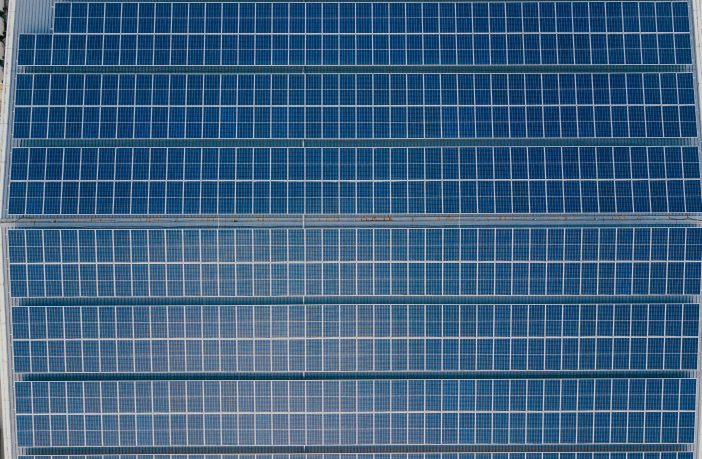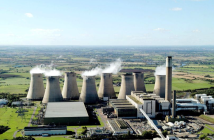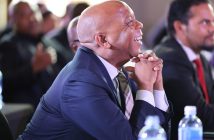- The South African National Energy Development Institute (SANEDI) has called on businesses to consider accessing SUNREF’s green loans to develop renewable energy and energy efficiency projects, in support of the country’s efforts towards green transition.
- Funding is offered to any business, in any sector, that wants to look at energy efficiency or renewable projects in terms of its own internal processes or within its supply chain.
- Funding is also offered to companies that provide manufacturing services or goods for the renewable energy and energy efficiency sectors.
SUNREF, developed by French Development Agency (AFD), is a programme relying on 2 pillars: a credit line to partner bank IDC, and a technical assistance facility hosted by SANEDI and funded by SECO, the State Secretariat for Economic Affairs in Switzerland.
The whole programme helps green projects become bankable and access financing from IDC. It is linked to a credit line with the IDC for around $60 million to fund projects that fit its mandate to promote energy efficiency and renewable energy in South Africa.
Rob Short from SUNREF explains who can apply for the green loans: “It can be any business, in any sector, that wants to look at energy efficiency or renewable projects in terms of its own internal processes or within its supply chain. As well as companies that provide manufacturing services or goods for the renewable energy and energy efficiency sectors.”
The types of projects which would be considered for funding comprise solar rooftop PV,
biogas projects, biomass energy projects, but also any industrial projects that improve their processes to reduce their carbon emissions.
The SUNREF credit line with the IDC is a debt fund, offered at a concessionary rate. Rob adds that SUNREF’s green loans can be combined with equity support from the IDC.
Stage two of this green programme builds on the successful initial stage implemented by AFD, SANEDI and three partner banks between 2012 and 2015, and that allowed for the financing of 120 small-scale green energy projects, resulting in CO₂ savings of 370,000 tonnes per year.
Barry Bredenkamp of SANEDI says that now, more than ever, is the time to invest in energy efficient projects: “Escalating electricity costs and energy security concerns, and the upcoming carbon tax creates a landscape which should see more businesses adopting clean energy projects to address these challenges. But there are also incentives being offered to businesses through for example the Section 12L Tax Incentive from Government.”
The 12L incentive, which SANEDI is responsible for implementing, encourages businesses to reduce their electricity bills and improve their carbon footprint, whilst at the same time gives a rebate on their tax return.
Contact Sunref in South Africa
Author: GBA News Desk/ESI-Africa Contributor
This article was originally published on ESI Africa and is republished with permission with minor editorial changes.











